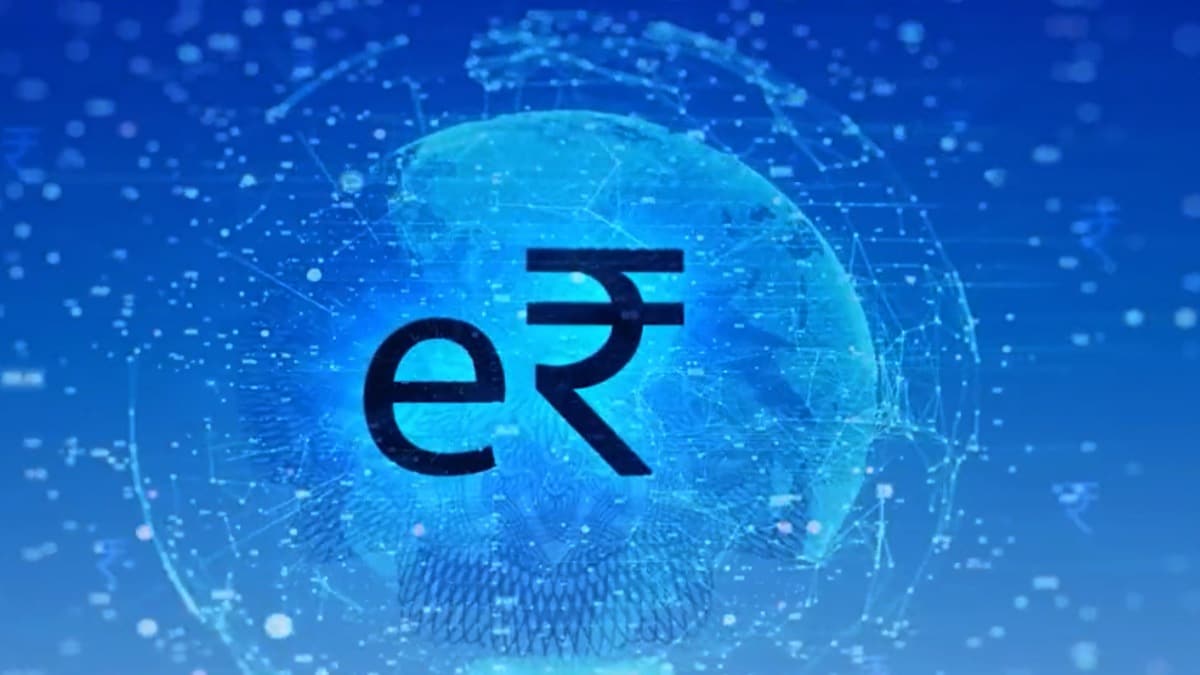Shaktikanta Das Reveals Plans to Initiate Test Phase of Offline CBDC Solutions in India’s Hilly and Rural Regions.
The Reserve Bank of India (RBI) is looking to adopt offline strategies to ensure that the eRupee CBDC enters the financial system of rural and remote parts of India. RBI governor Shaktikanta Das reportedly stated that the central bank plans to experiment with offline solutions to drive the adoption of CBDC in those parts of India that are not as well connected to the Internet as developed cities. These plans have reportedly been under discussions since March last year. Das disclosed these details on Thursday, concluding the RBI-hosted three-day Monetary Policy Committee (MPC) meeting.
Offline solutions for CBDC adoption will soon enter the test phase for hilly and rural regions of the country. These programmability-based solutions will include both, proximity and non-proximity ones, Das said, without disclosing any further details. “It is proposed to introduce an offline functionality in CBDC-R (Retail) for enabling transactions in areas with poor or limited internet connectivity,” The RBI governor stated on Thursday.
The RBI plans to let merchants and corporates modify the programmability of the CBDC in order to expand its use cases. These could include the inclusion of travel expenditures for company employees.
“Programmability will permit users like government agencies to ensure payments are made for defined benefits. Similarly, corporates will be able to programme specified expenditures like business travel for their employees,” Das added.
A central bank digital currency or CBDC, is the virtual representation of any fiat currency on the blockchain networks. Shifting transactions from cash notes to CBDC would reduce the bank’s dependency on paper-based notes and also maintain permanent financial records that could not be altered.
India’s digital rupee CBDC was launched by the RBI on a pilot basis on December 1, 2022. In the Union Budget 2022-23, Finance Minister Nirmala Sitharaman announced plans to roll out the CBDC for trial purposes.
)
Several Indian banks, including the State Bank of India (SBI) and Canara Bank, have gradually joined the CBDC pilot program to test Person-to-Person (P2P) and Person-to-Merchant (P2M) transactions. Currently, the eRupee is undergoing advanced trial stages, with numerous large state-owned and private lenders participating, alongside select small, medium, and large-scale merchants.
In April last year, Reliance General Insurance initiated acceptance of the eRupee CBDC for premium payments. Similarly, Reliance Retail announced last year that it would start accepting the CBDC across its stores in Mumbai as a mode of payment.
According to reports, the Reserve Bank of India successfully achieved its target of one million daily transactions via CBDC by the end of 2023. In December, Indian banks rewarded some employee benefits through the digital rupee to support the RBI in reaching its target.


















